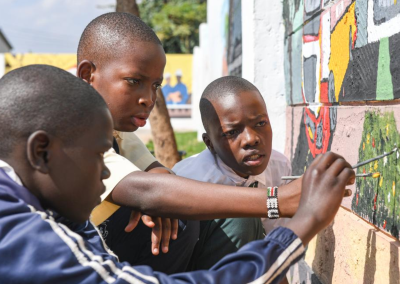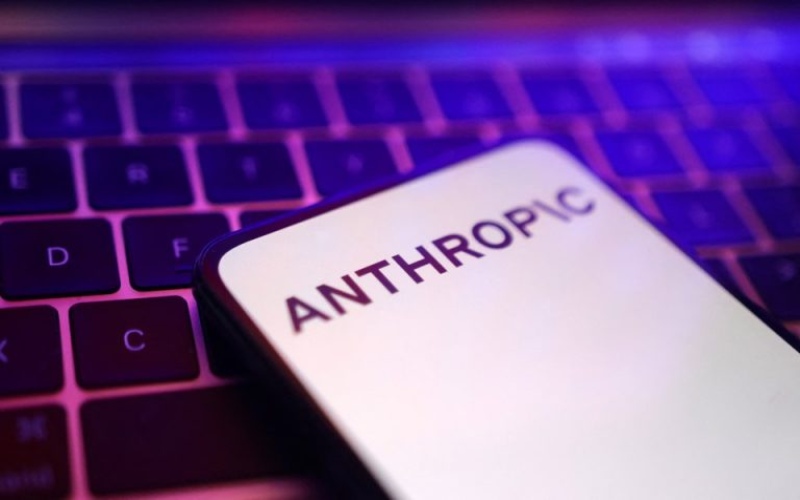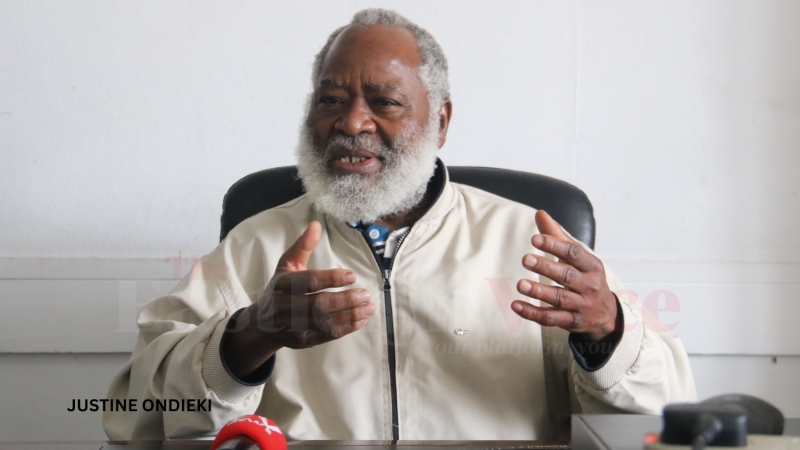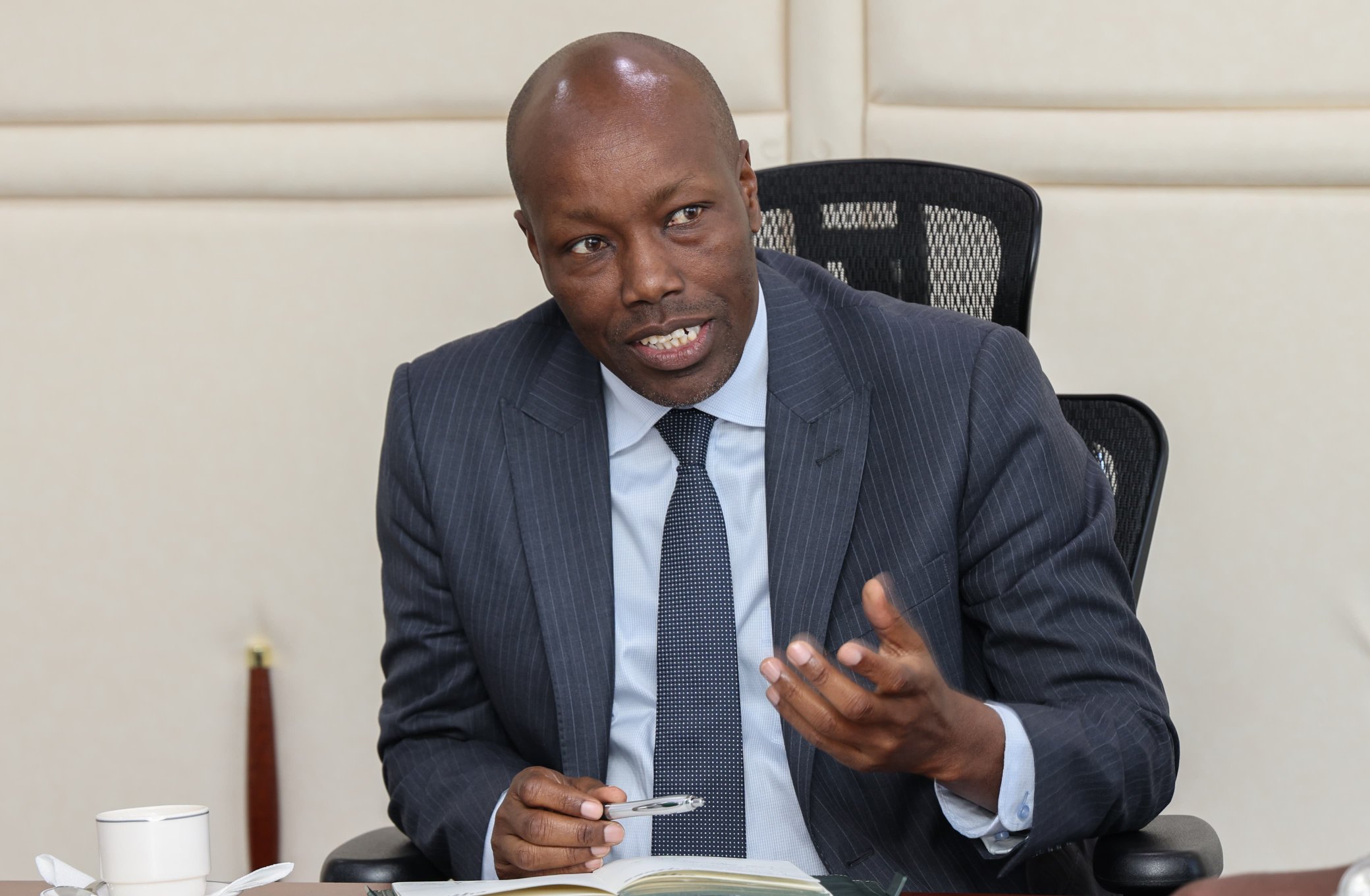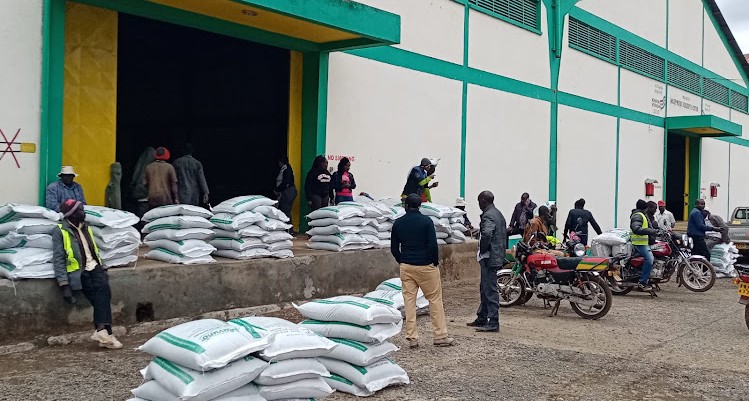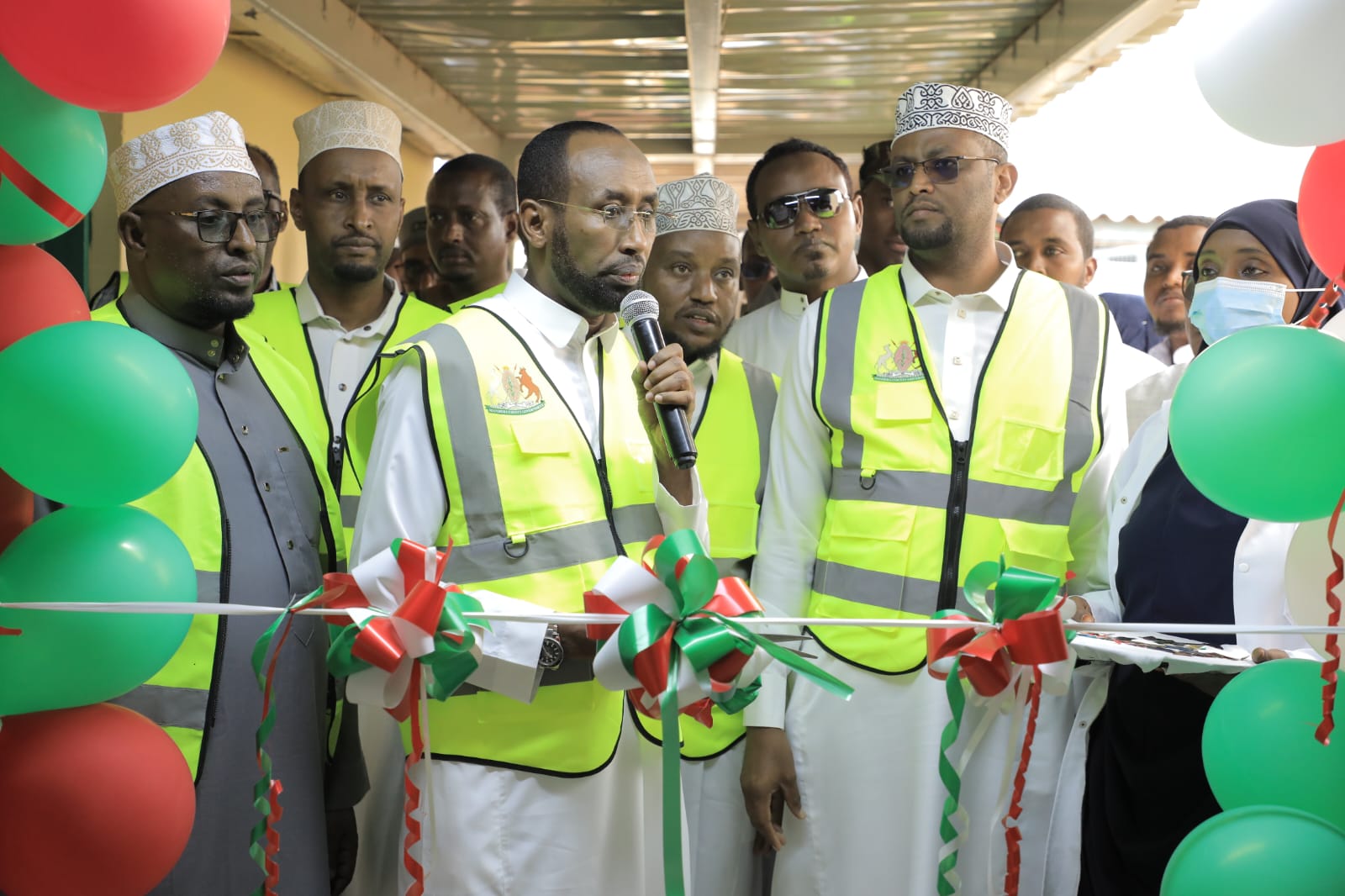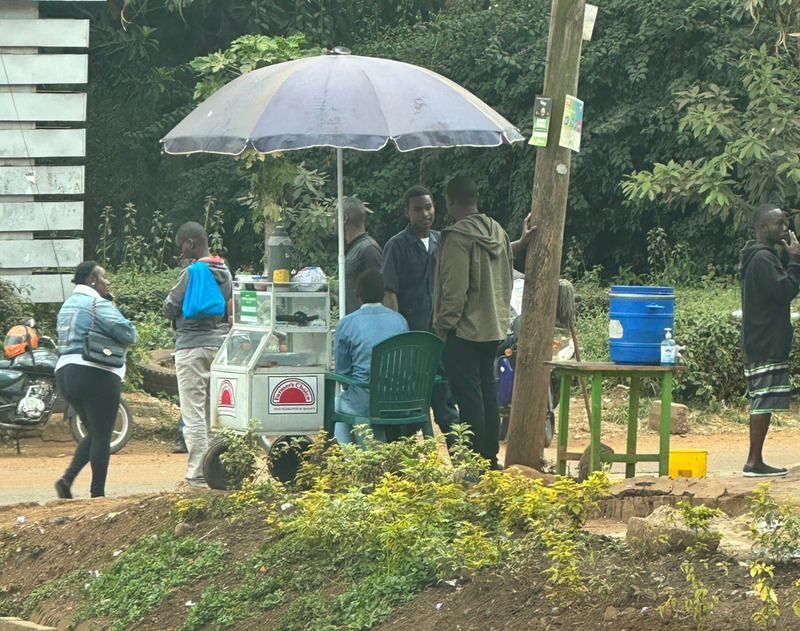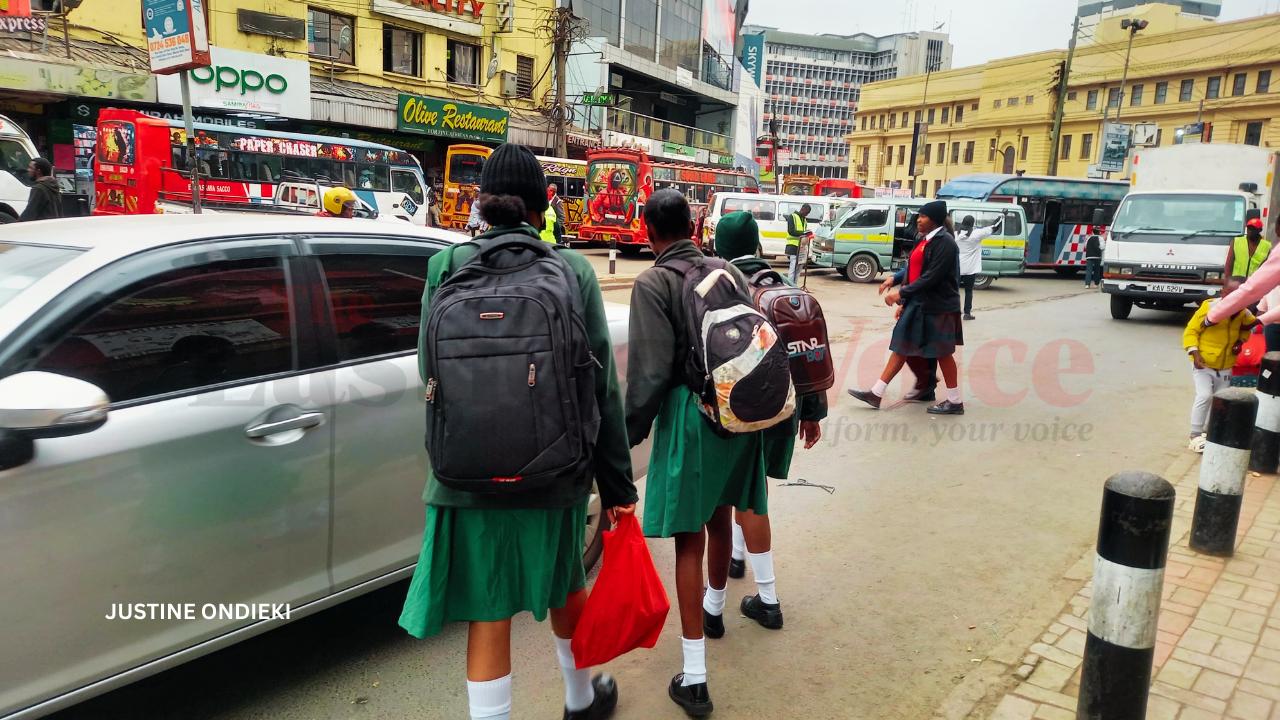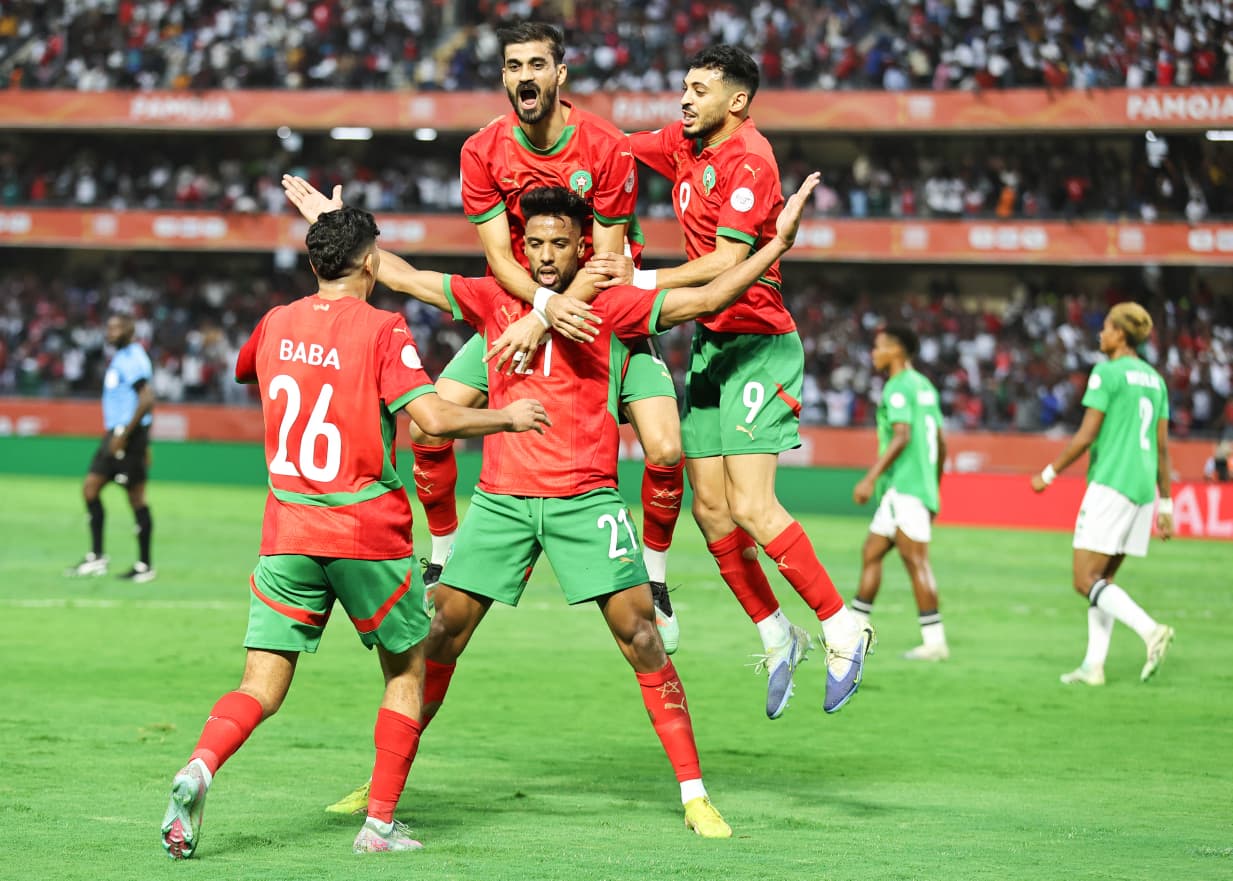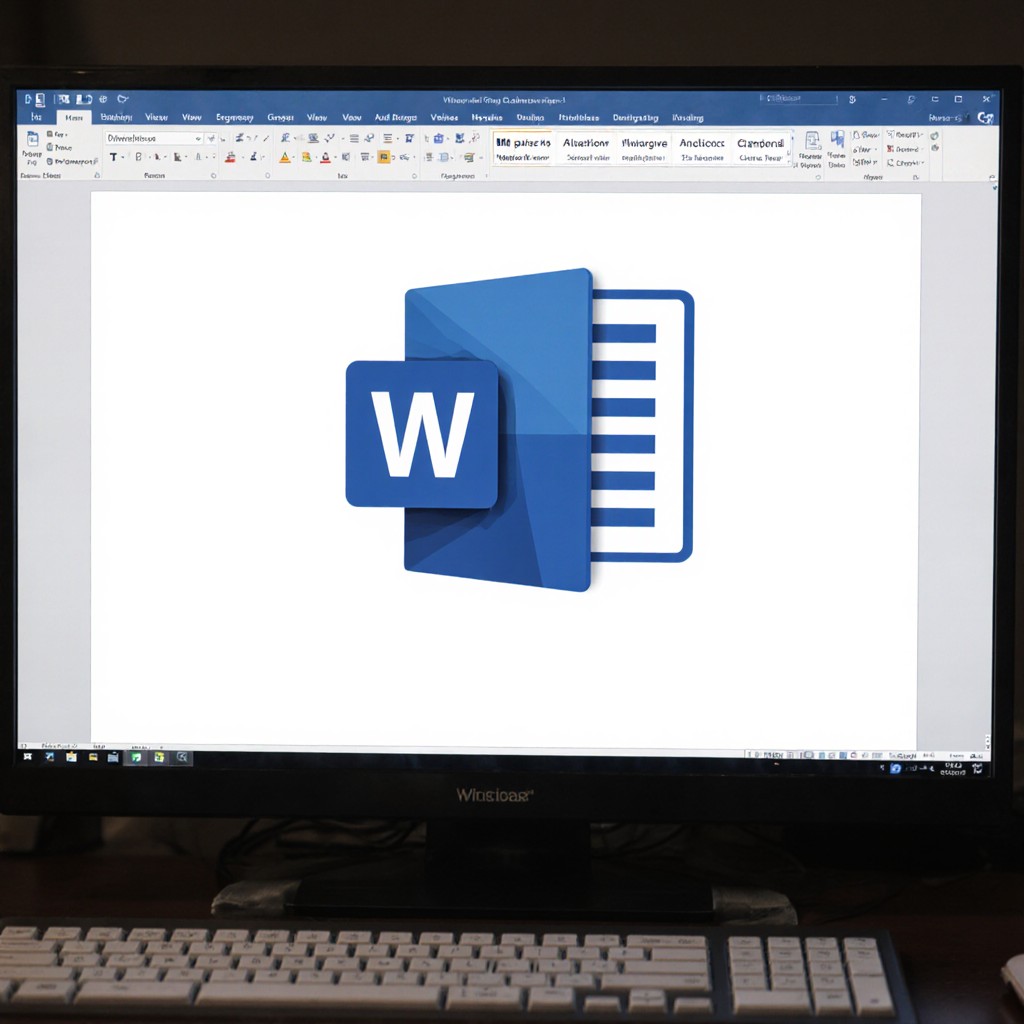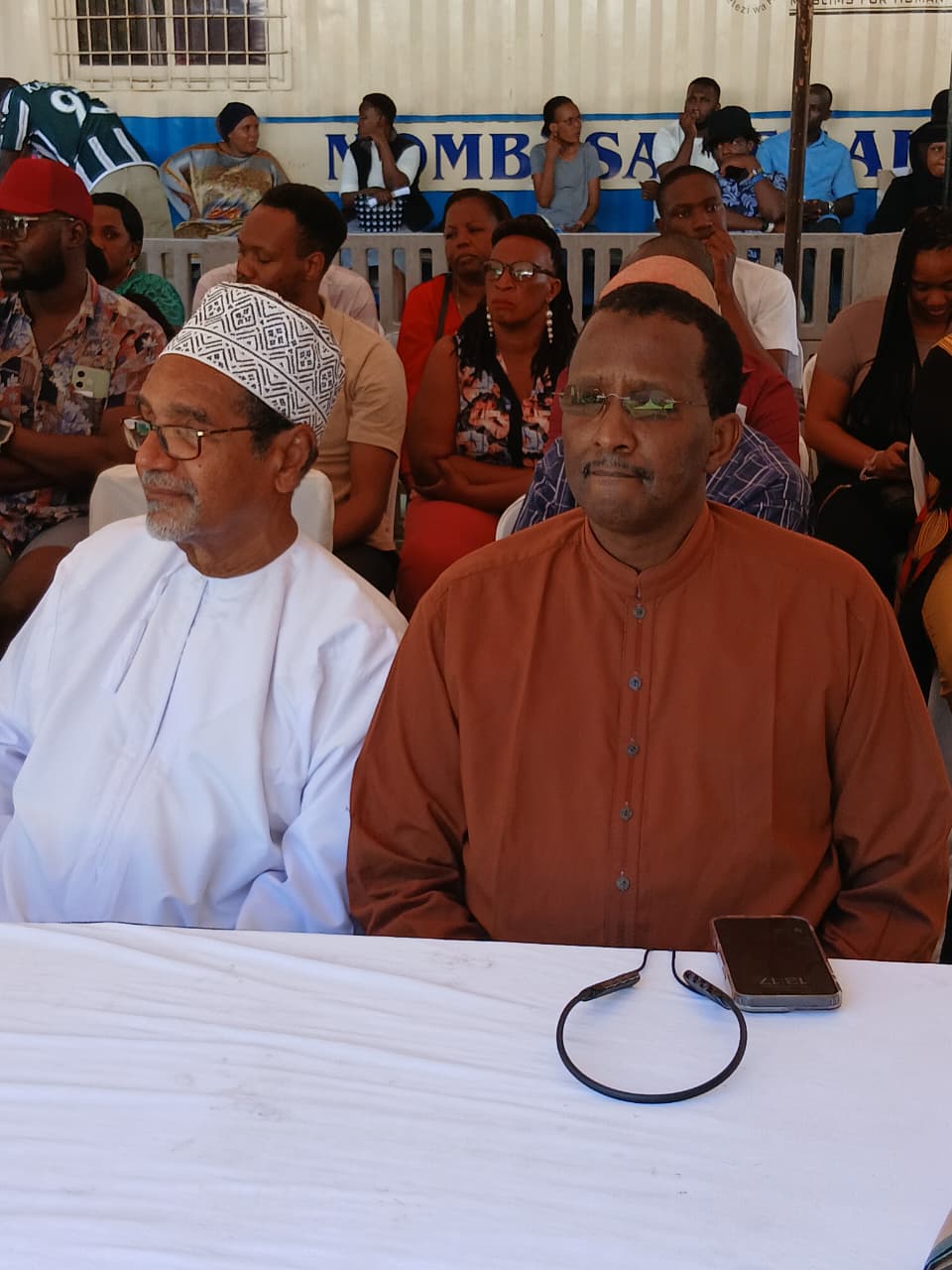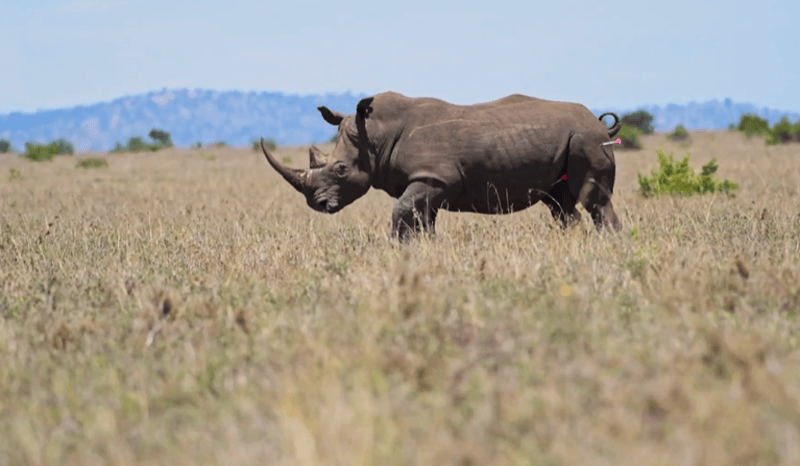Rights groups demand KNCHR to take charge of compensation plan for protest victims
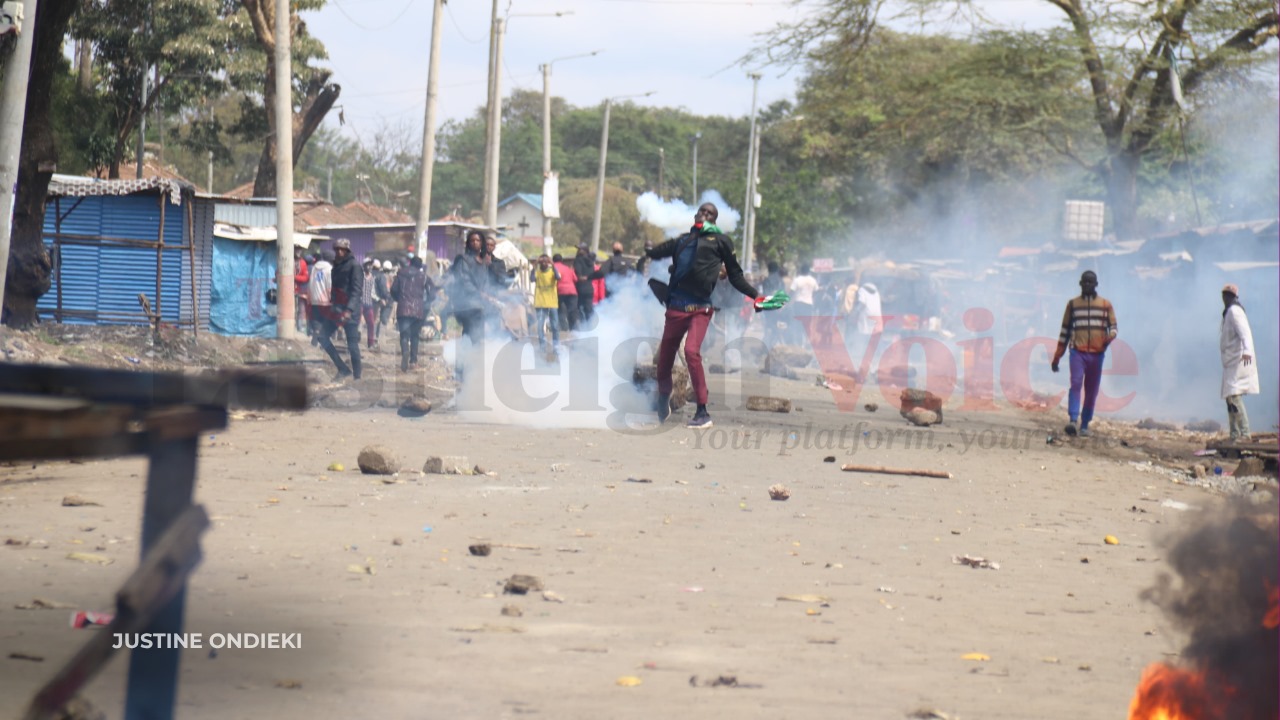
The group noted that the panel that was created through a Presidential Proclamation on August 6, 2025, and a gazette notice published on August 25, 2025 to the effect, risks duplicating the roles of existing commissions and undermining constitutional safeguards.
The Police Reforms Working Group (PRWG) has faulted the government’s newly constituted panel on compensation for victims of demonstrations and public protests, arguing it lacks legality, independence, and credibility.
In a statement, the coalition of human rights organisations said that while they welcome the state’s commitment to compensating victims of police atrocities and other abuses, the responsibility should rest with the Kenya National Commission on Human Rights (KNCHR), an independent constitutional body mandated to investigate rights violations and hold the state accountable.
More To Read
- KNCHR nominee admits victims’ compensation panel encroaches on commission
- Ruto appoints Faith Odhiambo to co-chair panel of experts on compensation of protest victims
- Garissa family demands justice over missing relative
- ‘The Wild West’: Desperation is rampant in Haiti as gangs, vigilantes spread
- US report raises alarm over deterioration of human rights in Kenya
- KNCHR: Killings, disappearances and arbitrary arrests of rights defenders on the rise in Kenya
"The government should fully resource the constitutionally mandated agency - the KNCHR- to administer reparations by providing it with the necessary resources and legal backing to undertake this critical task," they noted.
The group noted that the panel that was created through a Presidential Proclamation on August 6, 2025, and a gazette notice published on August 25, 2025, to the effect, risks duplicating the roles of existing commissions and undermining constitutional safeguards.
"We are aware of ongoing litigation challenging the establishment of the proposed framework and panel. We, too, have concerns about its legality, legitimacy, and independence in undertaking this critical justice assignment. In particular, we question the process, composition, and overlap with mandates of existing constitutional commissions and legal bodies," the statement read.
The PRWG added that any compensation process must meet international standards. “We demand a justice process which meets international laws and the UN Guiding Principles on the Rights to Remedy and Reparations, which provide for effective compensation, restitution, restoration, rehabilitation, satisfaction and guarantee of non-repetition.”
The group also cited Kenya’s history of excessive police force against citizens, pointing to the July 7 protests in which 47 Kenyans were killed.
“A credible reparations process must extend beyond financial compensation. True justice for victims requires a comprehensive approach that includes accountability for perpetrators, public apologies, memorialisation, and legal reforms to prevent future abuses,” the coalition said.
While supporting the principle of providing justice and compensation, PRWG warned that a time-bound panel would amount to duplication, wastage of resources, and executive overreach. They said past failures to act on truth-seeking initiatives, including the Truth, Justice and Reconciliation Commission, raise concerns that the new panel could end up as “a public relations exercise rather than a genuine effort to deliver justice and healing.”
In a Gazette Notice, Ruto stated that the panel will implement the presidential proclamation by establishing a framework for identifying, verifying, and supporting affected individuals.
The 15-member panel will be chaired by his constitutional advisor, Prof Makau Mutua, with Law Society of Kenya President Faith Odhiambo serving as vice-chairperson.
Other members include Kennedy Ogeto, Houston Irungu of Amnesty International Kenya, Dr John Olukuru, Rev Kennedy Barasa Simiyu, Dr Duncan Ojwang’, Naini Lankas, Dr Francis Muraya, Juliet Chepkemei, Pius Metto, Fatuma Kinsi Abass, and Raphael Anampiu.
The technical team will be led by Richard Barno, supported by Dr Duncan Okelo Ndeda as Co-Technical Lead, while Jerusah Mwaathime Michael and Dr Raphael Ng’etich will serve as joint secretaries.
Top Stories Today
